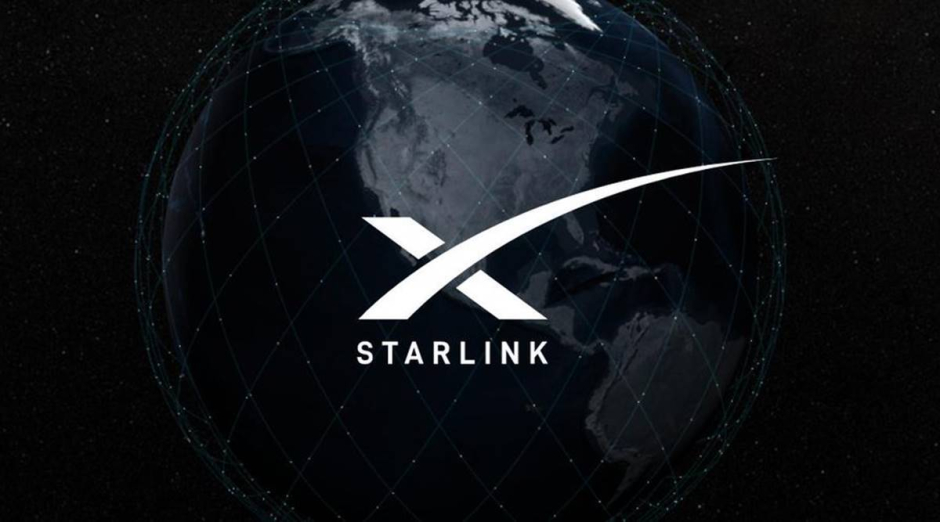According to a source close to the Elon Musk-owned tech firm, SpaceX plans to apply to the Department of Telecommunications (DoT) for global mobile personal communication by satellite services (GMPCS) permit to launch broadband-from-space services in India under the Starlink brand. Elon Musk’s business will compete for a piece of the embryonic industry, which is anticipated to be worth $13 billion by 2025, with Bharti Group-backed OneWeb and Reliance Jio Infocomm’s satellite arm.
After OneWeb and Reliance Jio’s satellite arm, SpaceX will be the third business to seek this critical authorization necessary to roll out high-speed space internet services in India utilizing its worldwide array of low earth orbit (LEO) satellites.
“SpaceX will very soon apply to the Indian authorities for a GMPCS license to begin satellite broadband services in the nation,” a person informed about the subject told ET. Separately, the corporation will apply to the government for statutory authorization for landing privileges and market access.
Approval for the Installation of Local Gateways
This is critical for SpaceX to set up in-country earth stations (satellite gateways) as well as deploy its worldwide satellite bandwidth capacity in India. These permissions must be granted by the Indian National Space Promotion and Authorisation Centre (IN-SPACe), a government regulatory organization tasked with attracting private capital in the space industry.
According to the persons named, SpaceX is expected to seek DoT authority to establish local gateways.
ET’s inquiries to SpaceX remained unanswered as of press time. According to the company’s website, Starlink is not yet accessible in India owing to pending regulatory permissions. Once this is secured, coverage will continue to spread into India, according to the company.
The communications ministry compelled SpaceX’s Indian branch to abandon its proposal to solicit and accept pre-orders for its planned satellite broadband services in the nation about a year ago because it lacked the operating license.
Read:
- Elon Musk Is Planning To Connect Wireless Carrier T-Mobile With His Starlink Satellite To Improve Cell Coverage And Connectivity.
- SpaceX Will Pay up to $25000 if You Are Able to Hack Starlink
- Jazz CEO views Elon Musk’s Starlink as healthy competition














